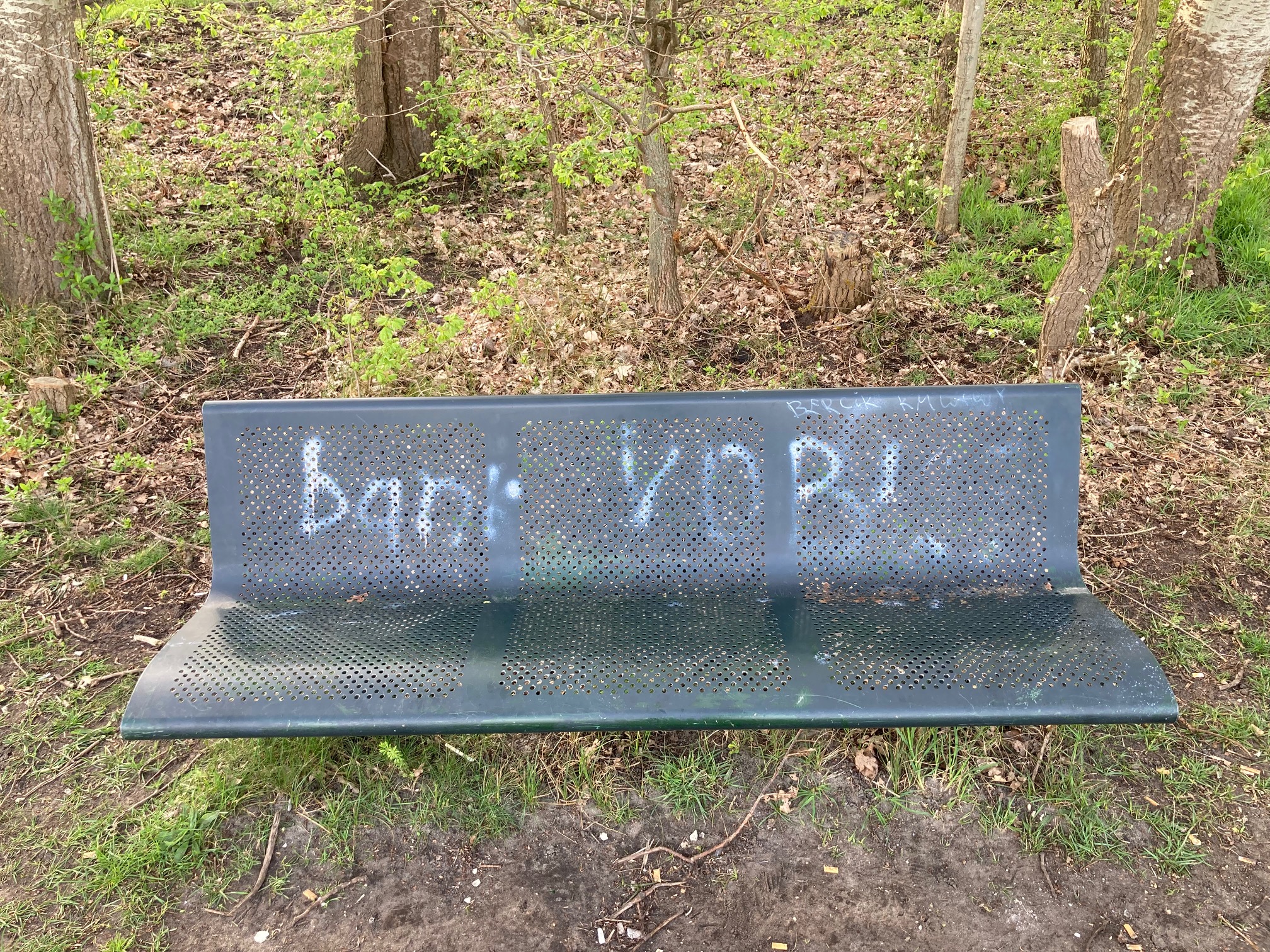Dutch government considers appeal after losing nitrogen case

Wednesday’s court ruling ordering the Dutch state to take action to reduce nitrogen-based pollution immediately is “not the verdict I had hoped for,” farm minister Femke Wiersma said in a short statement.
Instead, the cabinet is looking for an approach that takes the “broader social impact” into account, Wiersma said, adding that the option of an appeal is being considered. “We cannot ask the impossible of people and companies,” the minister said on social media.
On Wednesday morning, judges ordered the Dutch state to reduce nitrogen-based pollution in the country’s most vulnerable habitats by 50% or face a fine of €10 million in 2030. The case was brought by campaign group Greenpeace.
Coalition and opposition parties have now called on the government to come up with new plans as a matter of urgency.
In particular, they say, the minister’s plans to focus on innovation to reduce nitrogen pollution, a different approach to nature management and a voluntary buy-out scheme for farmers, fall short.
Greenpeace wants to force the government to cut nitrogen emissions drastically and the courts to check the government’s approach to dealing with the problem against the European bird and habitat directives.
The case is a “last chance to save the most vulnerable habitats because if nitrogen emissions don’t go down, we risk losing unique plants and animals,” the campaign group said at the court hearing last November.
The EU directives are the cornerstones of EU nature protection policy and led to the creation of Natura 2000, a pan-European network of protected areas. The Netherlands has some 160 areas which fall under the Natura 2000 network.
Since the right-wing government came to power this summer, it has become increasingly confused about what it intends to do about the nitrogen issue.
In September farm minister Wiersma scrapped the previous administration’s plans to reduce nitrogen emissions and it is still unclear what she intends to replace them with.
The biggest sources of nitrogen-based pollution are fossil fuels, used in vehicles and energy generation, as well as farming, through the use of artificial and manure-based fertiliser.
Appeal
Both Greenpeace and the Dutch state have the right to appeal against the verdict, but the court did order the government to start tackling the problem immediately.
Caroline van der Plas, leader of the pro-countryside BBB, said the court suggested that nothing is being done to tackle the problem, but this is not the case.
“We are faced with the poor legislation left behind by previous cabinets,” she said. “This cabinet is extremely working hard to find a solution and things are already being done.”
The BBB controls the agriculture ministry in the current right-wing government.
“It’s definitely a victory after decades of inaction,” Hilde Anna de Vries of Greenpeace told reporters after the hearing. “I think this verdict shows that the plans of previous cabinets are inadequate and now they absolutely have to come up with a plan.”
Thank you for donating to DutchNews.nl.
We could not provide the Dutch News service, and keep it free of charge, without the generous support of our readers. Your donations allow us to report on issues you tell us matter, and provide you with a summary of the most important Dutch news each day.
Make a donation